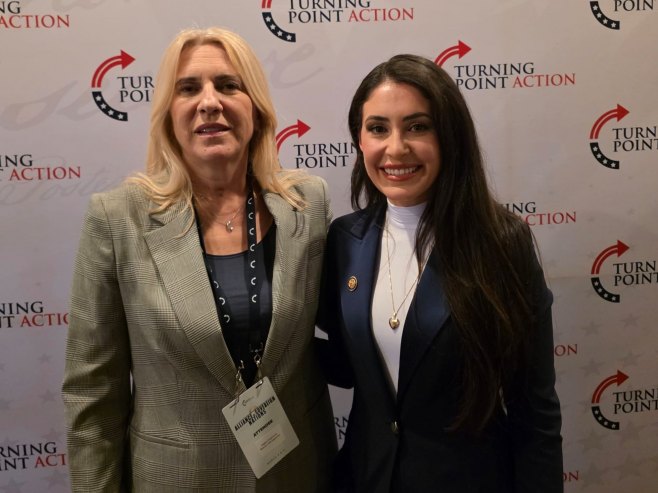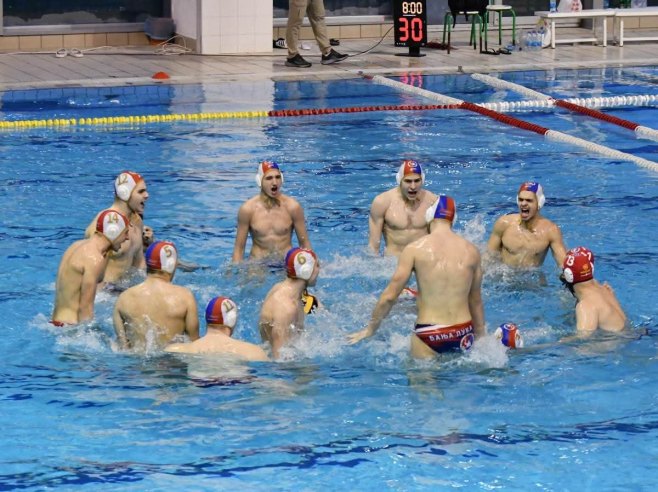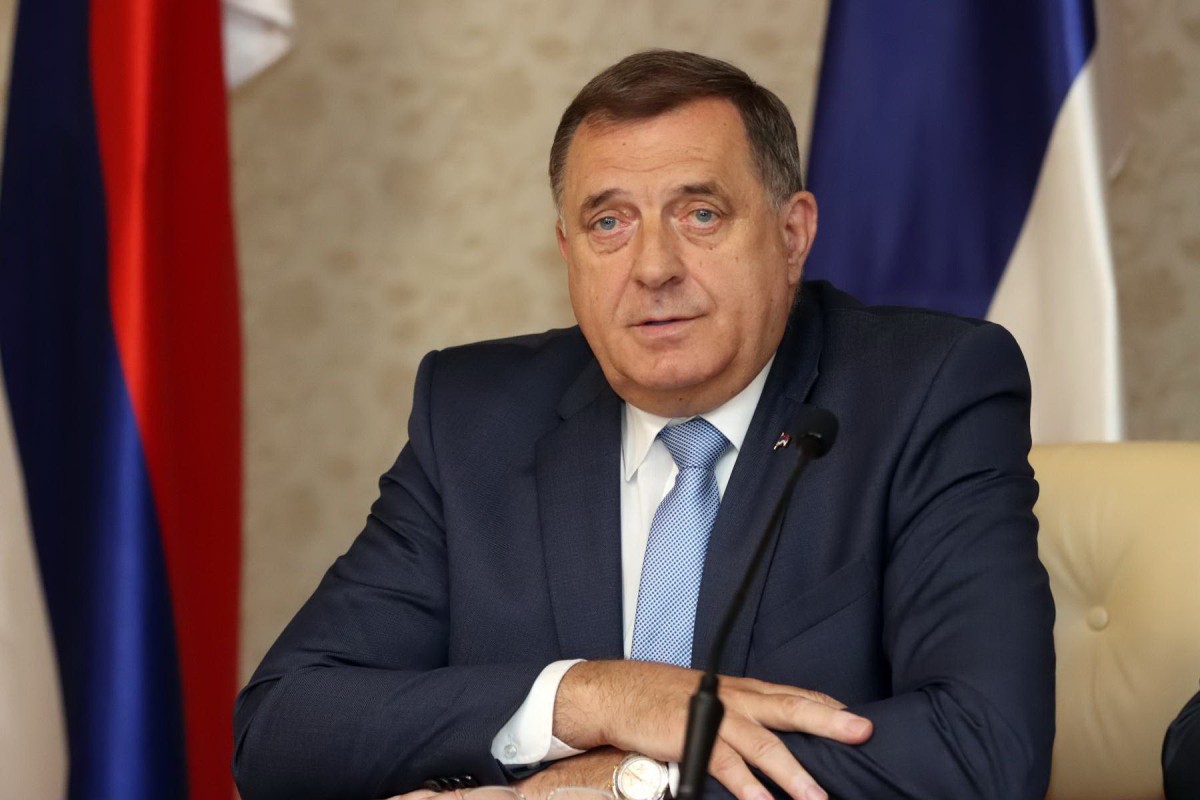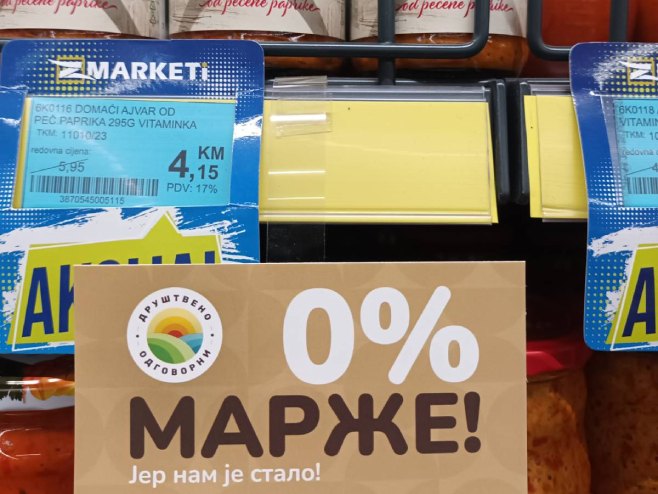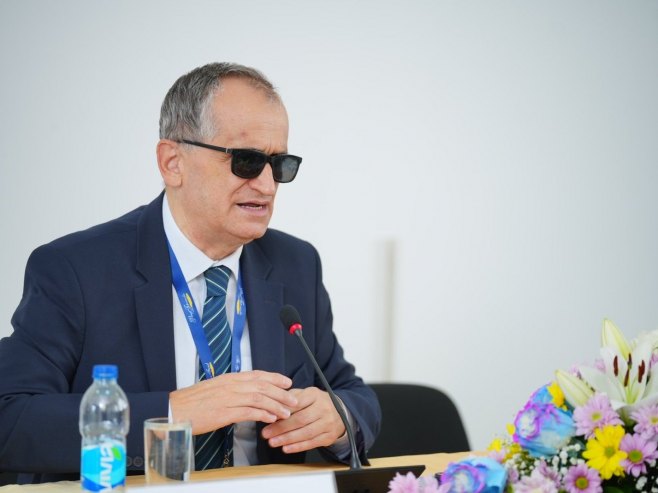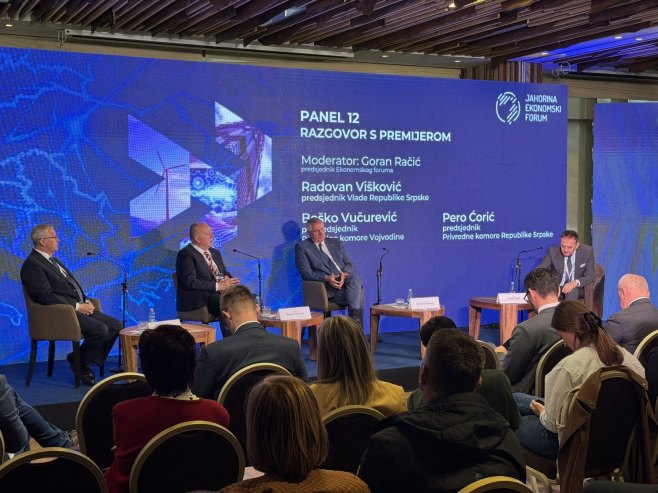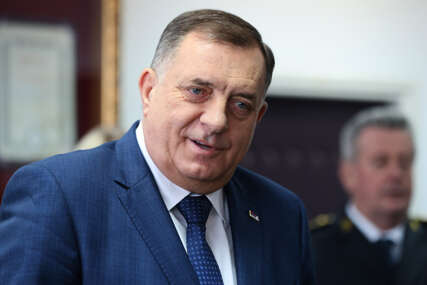After successful talks in Belarus and Russia, President of Republika Srpska Milorad Dodik announced that he would be traveling to Montenegro and Turkey next week. By the end of March, a visit from Hungarian Prime Minister Viktor Orbán is expected, and a meeting with the President of Serbia, Aleksandar Vučić, is planned.
The President of the Montenegrin Assembly, Andrija Mandić, has also announced a meeting with Dodik.
Analysts emphasize that the voice of Republika Srpska has been heard far and wide in recent days. They advise that, as much as possible, Republika Srpska should build its foreign policy independence.
Like the interview of American journalist Tucker Carlson with the President of the Russian Federation, the recent meeting of the President of Republika Srpska with Vladimir Putin in Kazan has made waves. Malicious comments were overshadowed by rational assessments and concrete benefits of good relations with Russia and Belarus, at a time when the EU and the USA are criticizing them.
“We will continue to work with them persistently, I will participate in a security conference in Saint Petersburg in April and in June I will be at the Economic Forum again in Saint Petersburg, which is supported under the patronage of Putin,” Dodik emphasized.
Economic, cultural, security, political cooperation, and any other form of cooperation with the Russian Federation, one of the guarantors of the Dayton Peace Agreement, is at the top of the agenda for the Serbian leadership. Good relations are maintained with Belarus, China, and Turkey will be confirmed at a diplomatic forum in Antalya. Republika Srpska has friends even in the not-so-favorable EU and has long been a respected partner in the region.
“At the beginning of next week, I will be in Montenegro, and at the end of that week, I will be in Antalya at the Economic Forum at the invitation of our friends from Turkey, and that will not conclude all that we are doing on the international front. We expect to host our dear friend Mr. Orbán by the end of March, and in the meantime, I believe I will meet with the President of Serbia, Aleksandar Vučić. We have daily contacts with people from the EU,” Dodik stated.
In the eyes of the West, political Sarajevo, and a part of the Serb opposition, Moscow, Beijing, Minsk, Ankara, Budapest are not relevant addresses; for them, the world “revolves” only around Brussels, Washington, and London.
“These are all very important actors on the international stage, with growing authority and power in international relations. Likewise, these are countries that are themselves under pressure from the West or what is mainstream in the West, including Russia, Hungary, and Turkey. The key is for Republika Srpska to build its foreign policy independence,” said Aleksandar Mitic, a research associate at the Institute of International Politics and Economy in Belgrade.
“We cannot underestimate the importance and power of countries like Russia and Turkey, as well as Belarus, which in some segments is one of the developed countries in the world. Of course, these meetings show that Republika Srpska is part of this new multipolar world that is slowly developing,” believes Rajko Petrović, a research associate at the Institute for European Studies in Belgrade.
A wide range of friends on the international stage shows not only that Republika Srpska is not isolated but also highlights its vitality to resist decades-long pressures to be “pushed” into NATO. Established contacts bring economic, political, and moral gains, agree analysts.
“Look, Republika Srpska, even if the situation were different, even if President Dodik does not meet with anyone, cannot be isolated as long as Serbia does not isolate it. And there is no talk of isolation as long as there is such interaction,” stated publicist Igor Ivanović.
Visits to Russia, Belarus, the announced meetings with the Hungarian Prime Minister, trips to Turkey, and conversations with regional leaders do not mean giving up on the European path, as some federal politicians and media try to portray. This confirms the sovereigntist policy of the leadership of Republika Srpska, which, in moments of geostrategic changes in the world, seeks the best for Republika Srpska and its people.
Source: RTRS
